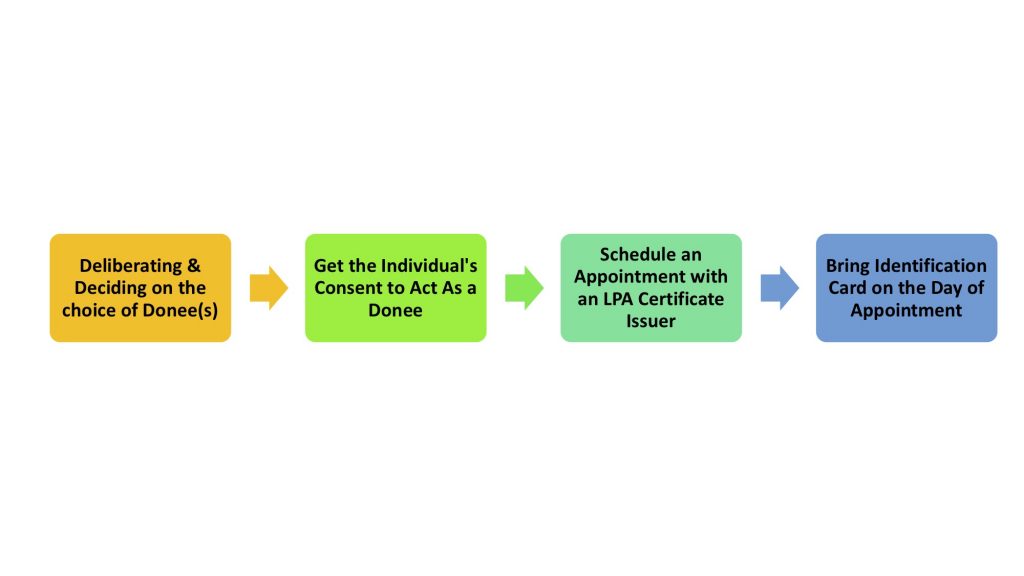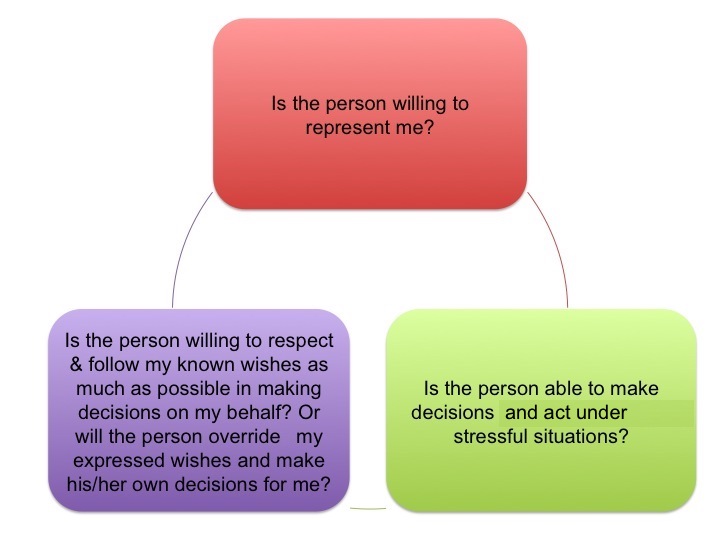Don’t Override My Wishes Just Because I’m Forgetful

A few days ago, one of my participants, Ms A, shared with me her dilemma.
Her aunt, Mdm B, has been working as a nurse before her retirement. Mdm B has a strong personality and is fiercely independent who lives alone. She was very active even after her retirement. She would spend her days going to the Senior Activity Centre (SAC) near her flat to participate in their activities and meet up with friends
.
Her only daughter lives abroad. Hence, Ms A took upon herself the role of her caregiver. Ms A noticed that Mdm B’s forgetfulness is becoming more evident, so the family decided to get a domestic helper to look after Mdm B at home. The senior lady was extremely unhappy with that decision as she felt that she does not need a carer. Since, Mdm B had refused to go out, not even to go to the SAC for activities and meet up with friends. According to Ms A, the house is a “war-zone of shoutings” between the domestic helper and Mdm B every morning. The reason for the daily war – In Mdm B’s opinion, she doesn’t need a carer. Therefore, she makes it her personal mission to resist her domestic helper’s efforts in care provision. Hence, every morning the war begins when the helper tries to get Mdm B to the SAC. Ms A added that her aunt seemed more forgetful since she stopped being socially active.
.
I suggested to Ms A that since her aunt is a nurse, she could try to make Mdm B see the consequence of not having the helper, the possibility of her ending up in a nursing home if she should fall, or her memory continues to deteriorate. To that, Ms A said, “Yes, she had said that she wanted to live in a nursing home.” In response, I asked, “So, why isn’t she living in one since that is what she wants?” Ms A looked away sheepishly in silence.
.
Ah… In the minds of many good-intentioned family members who are not trained in the area of healthcare, the nursing home should never be an option of care if they are able to have the senior being cared for at home with a domestic helper. YES, to that, only if that is the wish of the senior. NO, if that is purely the opinion of the family.
.
A nursing home may be a logical choice to some people, especially the healthcare personnel who are used to the hospital environment. In a nursing home, one can access to the necessary care and services easily under one roof. In addition, the communal living environment helps to meet the socialising need of the senior as she can easily access and talk to peers of a similar age range who can converse in her language of preference. Such may be a far better choice to some as compared to staying at home 24 by 7 with a very much younger domestic helper who often does not speak the local language.
.
I thought to myself…
1) Does this senior lady have a legal guardian?
2) Why her legal guardian is not respecting her wishes?
.
So, I asked Ms A if her aunt had an appointed legal guardian. And the answer was quite naturally a “No”. I said “naturally” because there are many Singaporeans who still have not quite taken to the idea of legally appointing someone to act on one’s behalf in areas including personal welfare decisions and property & affairs decisions when we are not terminally ill nor old and feeble. The Office of the Public Guardian (OPG) shared that about 43,000 people had submitted their LPA applications as 31 March 2018. Compared to the size of Singapore’s population, the number is pretty small. This may be due to most people believing that their spouse or children will be able to make sound and informed decisions for them and act on their behalf should the day comes.
.
This belief is flawed. Over time, degenerative brain disease like dementia will rob an individual of his/her mental capacity to make sound and informed decisions. When this happens, the person’s signature on all legal documents will no longer be lawfully recognised. Also, the family member will not be automatically
The absence of an LPA will also cause difficulties in the handling of probably the most valuable assets of many Singaporeans – the property. In Singapore, most of us co-own our property with a family member such as our spouse or child. If one day, one of the co-owners is deemed to be lacking the mental capacity to make decisions and the family needs to sell the current property to raise money for medical and care expenses; this family will be unable to do so. The reason being the lawful sale of the property will require the signatures of both owners; and if one of the owners is deemed to have lost the mental capacity in accordance to the Mental Capacity Act, that signature ceases to be legally recognised. Therefore, with only one legal signature, that property cannot be sold.
.
Secondly, not all children and spouse are made the same emotionally. When under the stress of seeing that their loved one ill and loses mental capacity, some may become too emotionally-invested to make sound and informed decisions. Thirdly, as a result of heightened emotions, the decisions and actions that family members take may not be as per what the person wants, like the case of Mdm B’s. Lastly, the decision on who should be the one making the necessary decisions does, at times, cause disputes among one’s spouse and children.
.
To counter the above, having a competent and reliable person who can decide and act on one’s behalf legally is therefore critical. A Lasting Power of Attorney (LPA) is the legal document through which an individual, aged twenty-one and above, can appoint this person who will be called the Donee. The former is known as the Donor. A Donor can appoint one or more trusted Donee(s) (Bequest, 2019). In addition, the donor can choose to allow the donees to act jointly or independently. Independently means that any one of the appointed donees can make decisions and act on the Donor’s behalf if the latter should one day lose the mental capacity to make decisions in accordance to the Mental Capacity Act; while jointly means that the appointed donees will need to act together.
.
In Singapore, the government body in charge is the Office of the Public Guardian
.
In this article, I will like to share my knowledge on getting one’s LPA done, having made mine two years ago with Bequest Pte Ltd. There are, of course, other LPA Certificate Issuers which you can go to. Click here for the list.
.
Based on my experience, the process of making an LPA typically involves the following four steps.

When I was making my LPA, Bequest told me that I could appoint d
1) Personal welfare
2) Property & affairs decisions.
Personal welfare decisions include the decision on where I am to live, who can and cannot be in contact with, as well as the decision to refuse or consent to my medical treatments.
Property & affairs decisions include the decision on the control, management and sale of my property; the control and management of my funds in my bank accounts; the continuation or dissolving of my business; and the decisions regarding the maintenance, education, benefit and advancement of my parents, and my child who is under 21 years old.
.
I chose to appoint two donees to act independently in both categories, personal welfare as well as property & affairs. Choosing more than one donee to act jointly means that the LPA lapses if one of the selected dies or is no longer of a mental capacity to fulfil the Donee’s role. Should that happen, I will have to redo my LPA… if I still have the mental capacity to do that!
.
For me, deciding on the choice of the donee(s) is a very crucial part of the whole process. Family members need not necessarily be a natural choice. These days, one even has the liberty to choose to appoint a Professional Donee. Among my two appointed donees, none is family. I deliberated and selected two of my best friends – friends whom I had known for at least three decades and whom I can trust – based on the following few criteria.

Lastly, to ensure that my donees respect and follow my wishes, I need to make sure that they know what my wishes are. So, I sat them down and shared with them my Advance Care Plan (ACP) explaining my wishes to them. I did my ACP using the template that found on this site.
To all my readers out there, hesitate no further. Safeguard your future interest by kickstarting your LPA making process today!